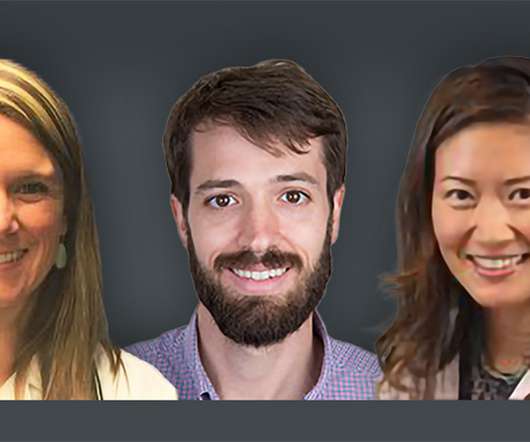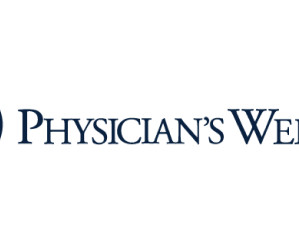Diabetes related complications among Ethiopian Jews-Outcomes of a 10 years cohort study in Israel [Population health and epidemiology]
Annals of Family Medicine
NOVEMBER 20, 2024
Data for this investigation were sourced from a community-based approach, utilizing information from CHS, which integrates data from community sources and hospitals. Population: Jewish CHS members, aged 18+, diagnosed with T2D between 2000-2011, born in Israel or Ethiopia. Intervention: 10-year follow-up to track T2D outcomes.












Let's personalize your content